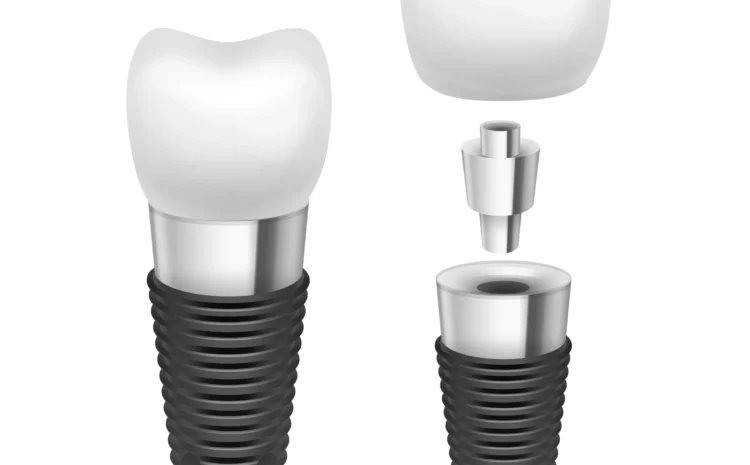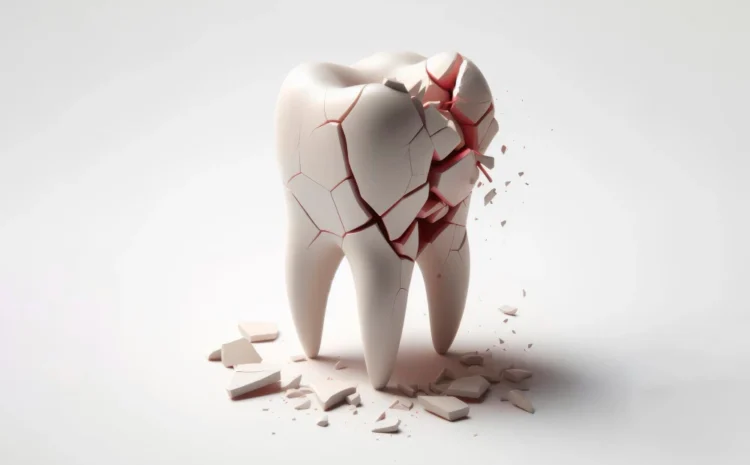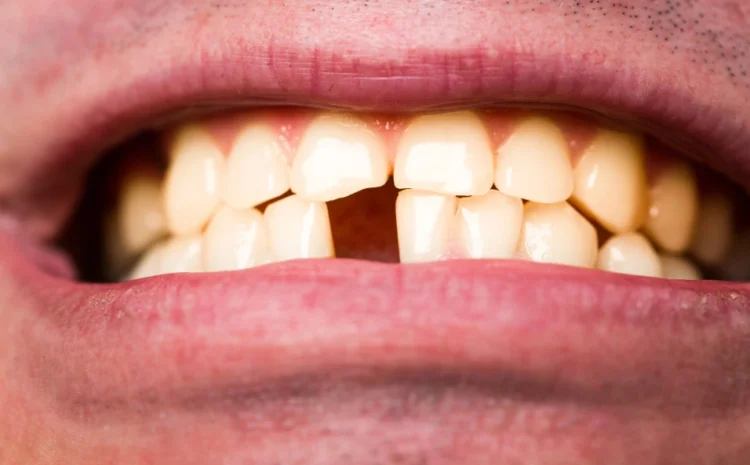
Dental Bridges vs Implants: Which Is Right for You?
Missing teeth can affect your ability to chew, speak, and smile confidently. Today, two of the most popular solutions are dental bridges and dental implants. But how do you decide which is best for you?
In this guide, Dr. Ganesh Bhandari explains the key differences, advantages, and limitations of dental bridges vs implants, so you can make the best choice for your oral health.
What Is a Dental Bridge?
A dental bridge replaces a missing tooth by using the adjacent teeth as anchors. A false tooth (pontic) is supported by crowns fixed onto these anchor teeth, creating a “bridge” over the gap.
How It Works
- The adjacent teeth must be prepared — often requiring root canal treatment (RCT) followed by reduction in size to fit the crowns.
- The pontic fills the missing space, restoring your bite and appearance.
Drawbacks
- Healthy adjacent teeth are sacrificed during preparation.
- Over time, these supporting teeth may weaken due to the additional load.
- Bridges do not replace the tooth root, so bone loss in the jaw can occur.
What Is a Dental Implant?
A dental implant is a modern, superior tooth replacement option that uses a titanium fixture placed directly into the jawbone. This acts as an artificial tooth root, holding a crown in place.
How It Works
- The titanium fixture integrates with the bone through osseointegration.
- A crown is placed on top, replacing only the missing tooth without affecting neighbouring teeth.
- The implant stimulates the jawbone, preserving bone density.
Advantages
- No impact on adjacent teeth — natural teeth remain untouched.
- Prevents bone loss and maintains facial structure.
- Highly durable — can last decades with proper care.
- Protects the longevity of surrounding teeth.
Important Considerations for Implants
While implants have many benefits, they aren’t suitable for everyone.
- Adequate bone is essential for implant stability.
- If bone volume is insufficient, bone augmentation may be required before placement.
- Initial treatment time is longer compared to bridges, but the long-term success rate is higher.
Dental Bridges vs Implants: A Direct Comparison
Feature | Dental Bridge | Dental Implant |
Involves adjacent teeth | Yes (requires reduction & RCT) | No |
Preserves jawbone | No | Yes |
Durability | Moderate | High |
Treatment time | Shorter | Longer |
Surgery required | No | Yes |
Initial cost | Lower | Higher |
Long-term oral health | May weaken adjacent teeth | Protects adjacent teeth |
Which Option Should You Choose?
Choosing between dental bridges vs implants depends on your oral health, medical condition, and personal preferences. While both can restore function and aesthetics, their impact on long-term oral health differs.
FAQs on Dental Bridges vs Implants
- Do dental bridges look natural?
Yes, modern dental bridges are designed to blend seamlessly with your natural teeth. - How long can implants last?
With good oral hygiene, dental implants can last 20 years or more — often a lifetime. - Is the implant procedure painful?
The procedure is done under local anaesthesia, so discomfort is minimal. - Can bone be rebuilt for implants?
Yes, bone grafting can help restore enough volume for implant placement. - Which is more cost-effective in the long run?
While implants have a higher initial cost, they usually last much longer than bridges, making them more cost-effective over time.
Conclusion
Dr. Ganesh Bhandari’s Recommendation:
Whenever possible, choose a dental implant as the preferred tooth replacement method. Implants offer better durability, maintain jawbone health, and protect surrounding teeth from unnecessary damage.
However, dental bridges are a good alternative when:
- The patient is medically unfit for surgery
- There is severely poor bone quality that cannot be improved with augmentation
- A faster, non-surgical solution is required
Ultimately, the right choice should be made after a comprehensive dental assessment to ensure it matches your health needs, lifestyle, and budget.



